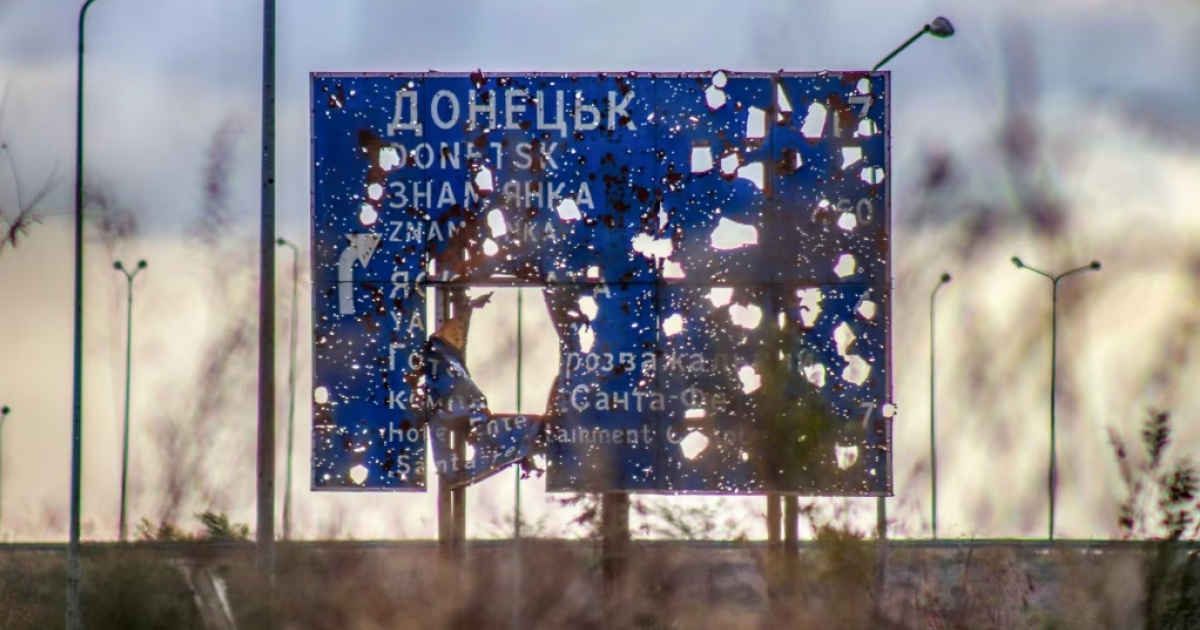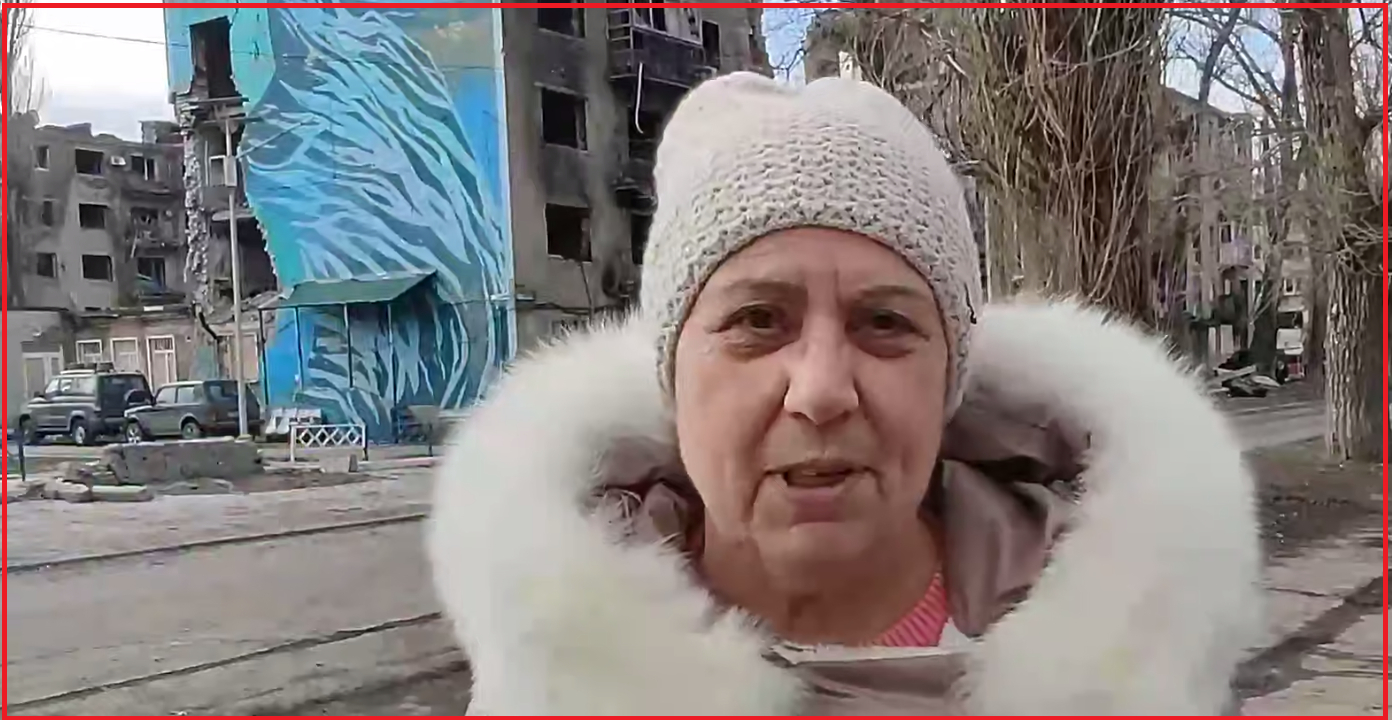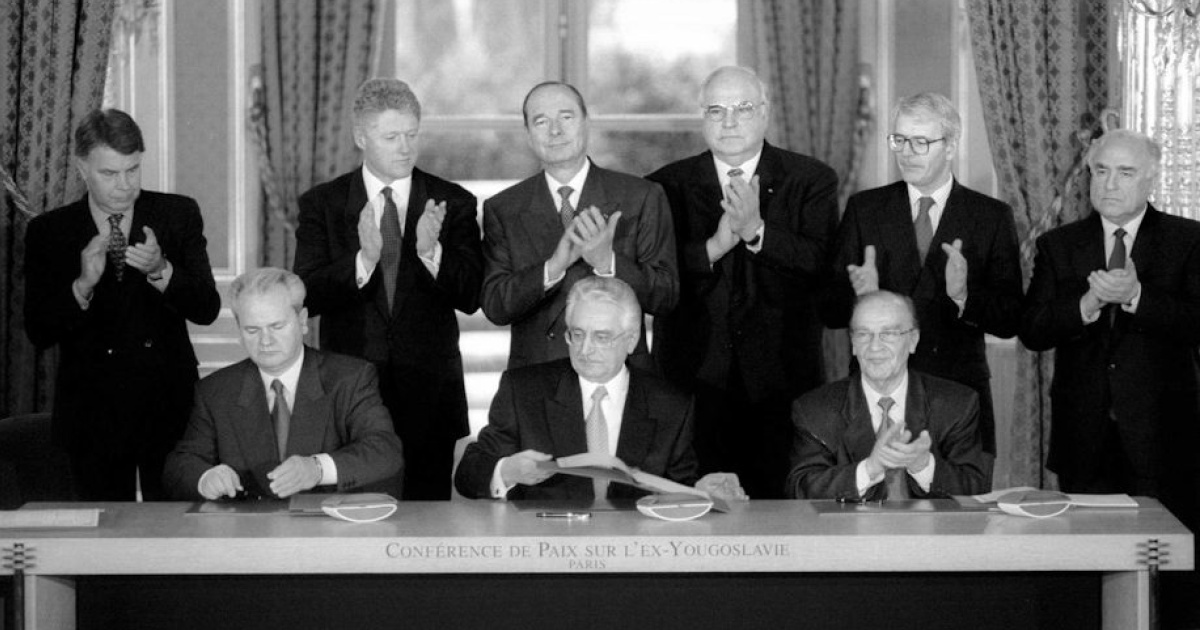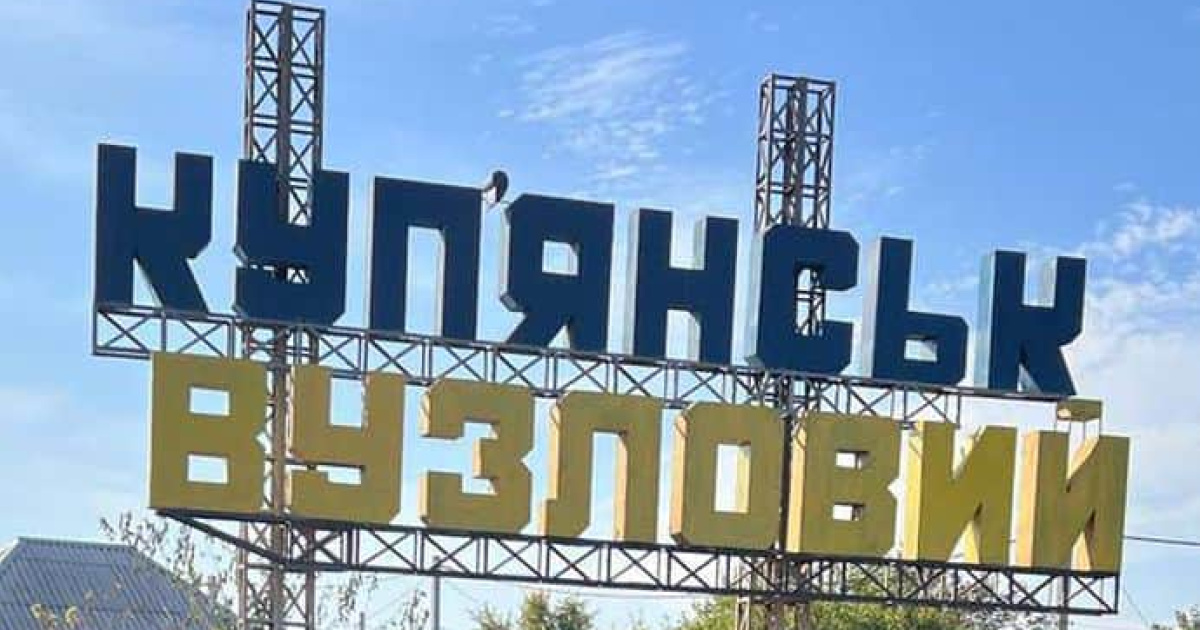"Peace initiatives" by the U.S. to end the war in Ukraine, which were published by numerous foreign media outlets, have seriously stirred up the global political arena.
According to top American publications, the Trump Administration's plan involves a ceasefire, legal recognition by the United States of russia’s occupation of Crimea, Ukraine's rejection of NATO membership, transferring control of the Zaporizhzhia Nuclear Power Plant to the Americans (electricity would be distributed between "both sides"), and lifting sanctions on russia. Ukraine is allegedly to receive "reliable security guarantees".
Shortly after the "plan" was publicized, Zelensky and Trump held a meeting in the Vatican, but no official information about its contents or outcomes has been released so far.
Political analyst Kostiantyn Matviienko, in an interview with OstroV, commented on Trump’s plan to end the war, assessed the chances of its implementation, and spoke about the negotiation process.
- How do you assess Trump's "plan" for resolving russia’s war against Ukraine, which was recently made public in the media?
- When we discuss this, we must remember that it is not an official plan but rather a leak or a planted story. In my opinion, this plan was floated to test the reaction of officials and the public (European, American, Ukrainian, and russian).
As for the listed steps, there are things in it that are absolutely unacceptable to all sides. For example, it is unclear what legal recognition of Crimea as russian by Trump even means. I want to emphasize that we are talking about Trump’s position, not that of American society or the state. We remember the "Crimean Declaration", as Zelensky pointed out, which was signed by Trump. It clearly states that Crimea will never be recognized as russian by the U.S. So it turns out that Trump plans to violate a law he personally signed. Or take the point about U.S. operational control over the Zaporizhzhia NPP, with electricity being supplied to both the Ukrainian side and the occupied territories. That’s technically impossible. Russia will not voluntarily leave that territory.
I believe this plan is not subject to discussion—it's all in the realm of fantasy.
- Why does putin need legal recognition of Crimea by the U.S.?
- Putin needs it as a symbolic gesture. Trump has already done him a huge favor by engaging with him on a high level. Putin has come out of isolation and straight to the level of a superpower. Recognition of Crimea would be a symbolic move: Trump would thereby demonstrate to putin that aggression is legitimate and that the forceful seizure of territory can be recognized by the United States. However, this does not reflect the position of American society or Congress. And let me remind you, such recognition is a violation of U.S. law and grounds for impeachment.
- Did putin approve this plan?
- I don’t think putin approved this plan. He doesn’t need the war to end—he might just want a temporary ceasefire to stockpile weapons and prepare the main force of his troops. For the past three years, putin’s regime has existed under martial law, and if the war in Ukraine ends, he’ll face massive internal problems.
- In your opinion, can this plan be implemented in the form it was presented?
- No. In the form it was presented in the media, it absolutely cannot be implemented. It’s more likely just a conceptual draft that needs refinement. There are some rational elements in it, but more irrational ones—it’s internally contradictory.
What I fear most right now is the gradual lifting of sanctions on russia. That’s very dangerous, because sanctions are effective and contribute to the collapse and destruction of the russian federation. If they’re lifted, russia will once again be able to trade its resources. Although Trump’s customs tariffs led to a drop in oil prices, which strongly affected russia’s budget, which depends up to 70% on oil trade.
- After meeting with Zelensky, Trump stated that putin had no reason to launch missile strikes on civilian cities and towns in recent days, which makes him think that “maybe he doesn’t want to stop the war”, and hinted at possible expansion of sanctions. Is that a signal to putin?
- I really wish that were the case. When it comes to Trump, you have to look not at his words but at concrete actions. And in terms of actions, we see that no high tariffs have been imposed on North Korea, Belarus, or russia. I want to hope that in the Vatican, Zelensky managed to convince Trump to impose sanctions against russia.
On the other hand, russia trades certain goods with the United States, but these are not significant sums for the russian economy. Therefore, other economic mechanisms must be found that will be more effective. These could include, for example, personal sanctions against russian elites and entrepreneurs. Something must also be done about smuggling. For instance, the missile that hit Kyiv and killed people contained more than 100 components made in the U.S.
- Republican U.S. Senator Lindsey Graham reminded the public of his bill, which provides for the introduction of secondary tariffs on the import of oil, gas, uranium, and other products from russia. Is that also a bluff?
- When we're talking about Trump, it might be a bluff, but in Graham's case, it could be a serious intent to pass legislation. I hope that Americans will eventually “get their act together” and start putting serious pressure on russia. This is especially important now because they’re experiencing failures on all fronts they've engaged in. In the short term, we’re seeing a slowdown in consumption in the United States. And what does a drop in U.S. consumption mean? It's a crisis for “third world” countries, because they produce for the U.S. market. We could be witnessing a classic scenario of the Great Depression of the 1930s. So the situation there is complicated.
China, Japan, and South Korea are competing, but right now they are meeting and forming a common policy to counter U.S. sanctions. The same thing is happening with the European Union, with whom China is also trying to coordinate its policy.
The United States, by imposing these tariffs, has shown that it is no longer a leader or a giant—it's now possible to play against them.
- How would you generally assess the course of the negotiation process, especially after the failed meeting in London, which many had pinned their hopes on?
- I don’t think the process has stalled, because, in fact, there wasn’t a process. There were talks in Paris, but no agreements were reached, so the process didn’t start—therefore, in London, it couldn’t have stalled.
- So the negotiations have hit a dead end?
- I wouldn’t say the situation is at a dead end. I hope that after the meeting in Rome between Trump and Zelensky, the negotiations will resume. Trump needs a success in this area, and he will work on it. He understands that pressuring Ukraine is useless since neither the government nor society responds to or acknowledges his pressure. So maybe he’ll start putting pressure on russia.
Right now, Ukraine is facing another serious problem—the economy. Our economy will begin to collapse due to the suspension of aid from the U.S., since financial support from Washington has kept our economy afloat for the past three years. The European Union doesn’t have enough resources, and other countries are clearly more focused on themselves than on us. So we will likely have to tighten our belts.
As for the negotiation process, I’m honestly not too worried about it.
- Why not?
- First of all, it hasn’t started. What isn’t born can’t die. Second, it will start, because the war is ongoing, the threat from russia to the world still exists, and this threat will need to be addressed—and the main instrument the world has to respond to russia’s threat is Ukraine. So, one way or another, a real negotiation process will emerge.
- In your opinion, is it really possible that the U.S. might pull out of the negotiation process at some point?
- The Americans have already threatened to do so. Given Trump’s unpredictability, I don’t want to consider this a very likely scenario—but unfortunately, it is likely. Donald Trump is impulsive and holds enormous power, but he doesn’t have effective advisers around him.
As for the consequences of a U.S. withdrawal from the negotiation process, they would be catastrophic for Ukraine and Europe.
- Can China replace the U.S. and become a mediator in the negotiations?
- China wants to, but it can’t. In order to replace the role of the U.S. in this situation, China would have to become a global leader, but that’s impossible due to the structure of its economy. On the one hand, it’s an authoritarian regime, and on the other, it has an export-oriented economy. Domestic consumption in China leaves much to be desired: the population is largely poor, so Chinese goods are primarily consumed by the U.S., the European Union, and other markets.
Since China doesn’t develop domestic consumption because of its authoritarianism, that limits its potential. If the American market closes, the Chinese economy risks taking a serious hit. And with a collapsing economy, China can’t lay claim to the role of a great power and mediator in russia’s war against Ukraine.
- Is the mineral agreement still relevant?
- The mineral agreement was never relevant from the very beginning of the idea’s existence. According to the U.S. Geological Survey, there is simply no list of rare earth resources in Ukraine. Who even said that our country has deposits of rare earth metals? What are these materials exactly, and are they actually needed by the global economy? Even if they do exist, what’s the cost of locating and extracting them? Way too many questions. That’s precisely why later on, the entire infrastructure of Ukraine was added to the agreement (ports, railroads, gas pipelines, etc.).
There are other issues, too. For example, would this agreement conflict with previously signed agreements with other countries? Right now there’s an intense discussion with Poland about transferring the Black Sea port into a concession. And those talks already contradict a potential deal with the U.S., since Washington is claiming all of Ukraine’s infrastructure. Furthermore, this agreement is subject to ratification. I can’t imagine the Ukrainian parliament voting for that version of the agreement.
- What is russia striving for right now?
- Russia is striving to preserve itself and survive. Some percentage of russians who support the war want it to continue, because it brings them both moral and material benefits. They still consider themselves an empire and a superpower.
In 2022, when I was asked whether putin would start a war, I confidently answered no, even though I saw embassies evacuating and intelligence agencies packing and removing documents. But I still believed that putin would not attack, because it was completely irrational. An assault on Kyiv with an army of 140,000 soldiers made no sense and had no logic.
But putin, like Trump, lives in his own informational bubble and has severed ties with reality. He doesn’t understand that with such actions, he cannot achieve his goals. Unfortunately, I suspect that the president of Ukraine also does not always perceive reality adequately, although he is still significantly more adequate than putin or Trump.
- Will putin really miss the chance to establish contact with the U.S.?
- Putin lives in his own informational vacuum. He doesn’t realize that such a chance has come his way. Putin will not take Trump’s "sweets" because he still believes he can swallow all of Ukraine, return russia to superpower status, and thus maintain power. If he agrees to any kind of peace deal, it would mean that russia collapses in on itself.
- Putin told Vitkoff about his readiness for negotiations with Ukraine without preconditions. Why did he make such a statement?
- Zelensky also stated that he’s ready to agree to a ceasefire (a cessation of hostilities) without preconditions. Putin decided to make a similar statement. Russia needs a pause, a breather.
Russia needs to gather fresh forces, train people, and get even more weapons from China and North Korea. As a tactical move, it’s possible, but we shouldn’t forget that russia is set on the destruction of Ukraine. And that’s what Trump doesn’t understand. This is an existential war.
Ukraine is showing russia that it can be a democratic, normal country with a decent standard of living, even though it essentially came from the same cradle as russia — that is, from the Soviet Union. They’ve given up on the Baltics, strangled Belarus, and Central Asia has, due to its mentality, turned into a dictatorship. Ukraine has shown that there’s a real people and nation here, a democratic and developed country. That’s exactly what triggered the attack. Not the territory, but the desire to destroy the example of a worthy life.
By Vladyslav Bulatchik, OstroV





